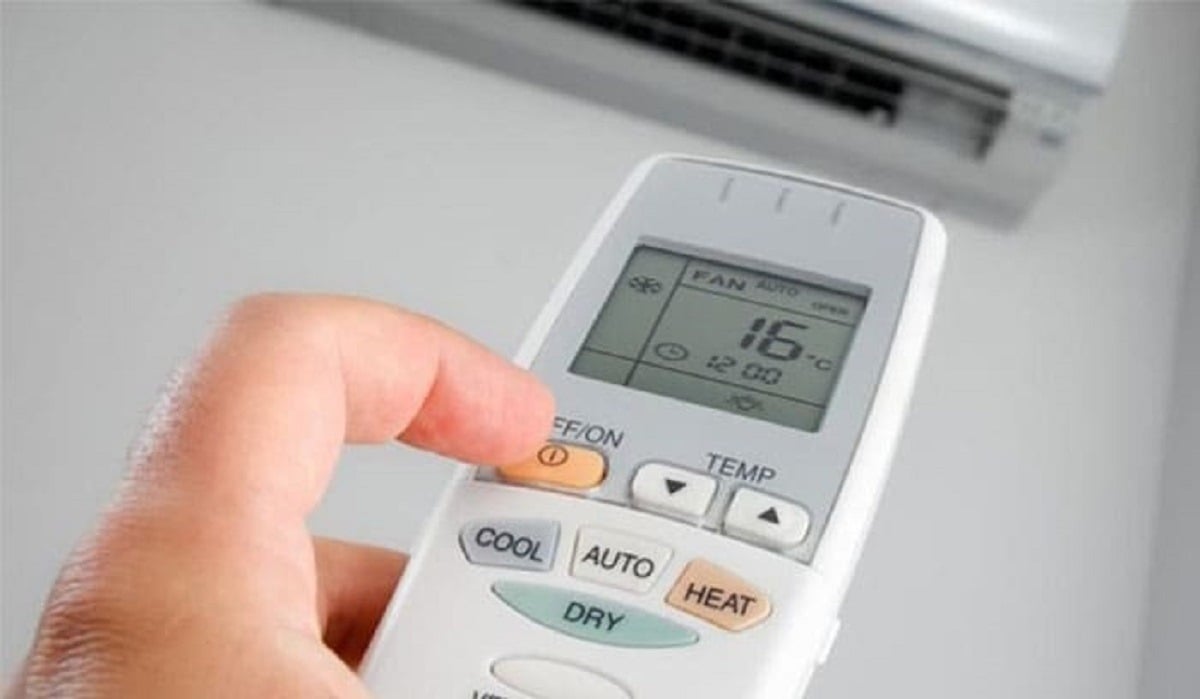“Prolonged heatwaves have many turning to air conditioners for relief. However, few are aware that after a period of inactivity, air conditioners can become a haven for Legionella bacteria – a dangerous cause of severe pneumonia, and even death if not detected and treated promptly.”
“Lurking in Air Conditioners – How Dangerous is Legionella?”
According to medical experts, Legionella bacteria thrive in warm, damp environments and typically proliferate at temperatures ranging from 25 to 42 degrees Celsius. When tiny water droplets (aerosols) containing these bacteria are released into the air, individuals who inhale them can contract Legionnaires’ disease – also known as “legion fever.”
What’s concerning is that the disease can be mistaken for common flu in its early stages, as initial symptoms include fever, coughing, and fatigue. However, within 48 hours, if left untreated or improperly managed, it can rapidly progress to severe pneumonia, respiratory failure, multi-organ damage, and even death, with reported mortality rates as high as 10-30%.

High-risk individuals include the elderly, those with chronic underlying conditions, smokers, and people with compromised immune systems.
**Common Hiding Places of Legionella:**
– Air conditioner evaporators and filters that are not regularly cleaned.
– Showerheads and faucets that have not been used for extended periods.
– Public hot springs, fountains, and household humidifiers.
– Water-using appliances such as storage tanks and pipes in central air conditioning systems.
At these sites, if the water is not regularly cleaned, bacteria can proliferate, forming hard-to-control reservoirs that can spread through aerosolized water droplets released into the air.
**Signs and Symptoms to Watch Out For:**
Legionella infection has an incubation period of 2 to 10 days. Common symptoms include:
– Persistent high fever over 39°C
– Dry cough or productive cough, which may include blood-tinged sputum
– Chest pain and difficulty breathing
– Nausea and diarrhea
– Confusion and disorientation
Notably, many cases do not respond to common antibiotics like penicillin, leading to misdiagnosis and treatment delays – a critical factor in increasing the risk of severe complications.
**Effective Prevention Strategies:**
1. **Appliance Sanitation:**
– Air Conditioners: Schedule professional cleaning at least annually, especially before summer. Clean the air filter monthly with hot water (above 70°C) and a neutral detergent.
– Showerheads and water-using appliances: If unused for a long time, flush them with water for a few minutes to remove stagnant water and debris.
– Humidifiers: Change water daily and disinfect weekly with a diluted chlorine solution.
2. **Caution with Travel and Moist Environments:**
– Opt for hot springs, pools, or bathing facilities with clear sanitation protocols and proper water quality testing.
– When gardening or handling soil, wear a mask and gloves to reduce the risk of bacterial exposure from the environment.
3. **Health Monitoring:**
– If you experience symptoms like high fever, coughing, or diarrhea after using air conditioners, bathing in warm water, or traveling, seek medical attention promptly. Ensure you inform your doctor about your recent activities for appropriate testing and diagnosis.
**Why is it Called “Legion Fever”?**
The name “Legionella” originates from a significant health event in 1976 in Philadelphia, USA. Dozens of veterans attending a conference contracted severe pneumonia caused by this bacterium, leading the media to coin the term “legion fever.” Subsequently, the bacterium was named Legionella.
However, it’s essential to understand that this disease can affect anyone, not just soldiers or those with specific occupations. The risk arises when proper hygiene practices are not maintained with appliances involving water and air.
**Expert Recommendations:**
Prevention is always better than cure. During summer peaks, when air conditioner usage surges, individuals must be vigilant and adhere strictly to appliance sanitation guidelines.
If you experience unusual respiratory symptoms, especially if they persist despite antibiotic treatment, consult a specialist in infectious diseases to rule out Legionella infection and obtain an accurate diagnosis.






























